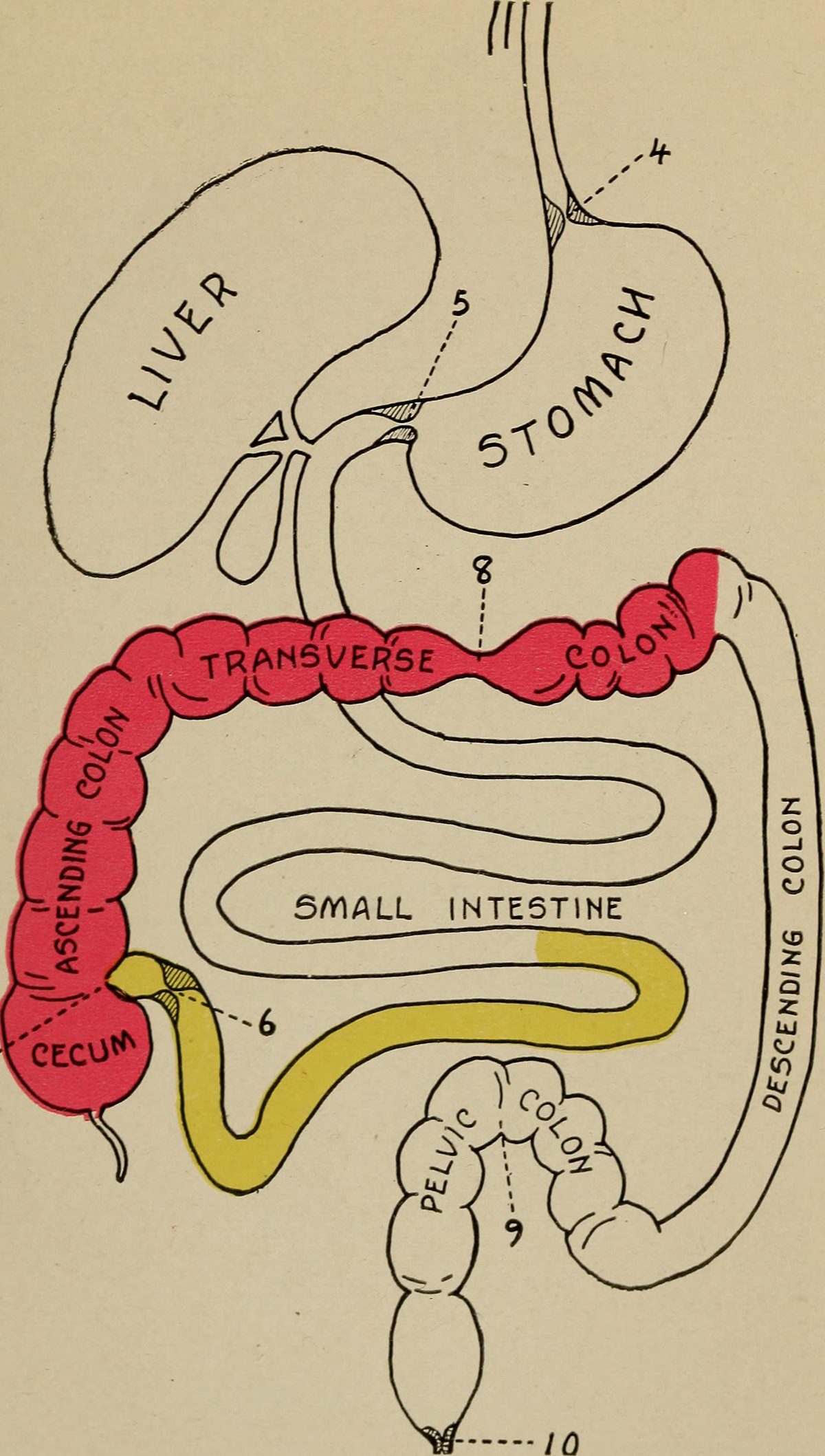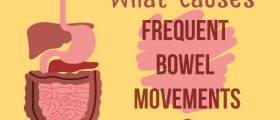
Introduction
Constipation is one of the most common problems of gastrointestinal tract, marked with infrequent bowel movement, hard pass of the stool, and straining during the bowel movement.
Symptoms of constipation
It is not true that if a person does not have a bowel movement every day, that he/she has constipation problem. This condition has its characteristic signs, and if they appear in combination, then it is a time to consult a doctor or treat it alone using alternative treatments. The most common symptoms of constipation are fewer than three stools a week and hard stools, but people with constipation may also experience excessive straining during bowel movements or a sense of rectal blockage. Furthermore, if a person has the feeling as though evacuation was incomplete after the bowel movement, that also may be one of the symptoms of constipation. Other symptoms of constipation that require medical attention include intense abdominal pain, blood in the stool, rectal pain and unexplained weight loss, as well as thin stools and diarrhea, which alter with constipation. In majority of cases, constipation is very distressful and bothersome, but not very serious. However, it should be treated promptly in order to avoid further complications that may be caused by untreated constipation.
Causes of constipation
The main causes of constipation are the slow colon’s muscle contractions and colon’s large absorption of water. As the consequence of that, the stool is hard and dry and it passes through the colon very slowly. Furthermore, if the muscles that control the bowel movement are not properly coordinated, it may lead to the constipation. In medical terms it is called anismus, or pelvic floor dysfunction. Moreover, many other factors contribute to the appearance of constipation. For example, dehydration and small intake of fluid, as well as insufficient amounts of fiber intake, may be the causes for constipation. Or, if a person neglects the bowel habits or ignores an urge for bowel movement, that may also cause the occurrence of constipation gradually.
Physical inactivity, frequent use of laxatives and certain medications such as diuretics, pain relievers and those for treating depression and hypertension, may be potential causes for constipation. Certain medical condition, such as irritable bowel syndrome, stroke, diabetes, thyroid disease, Parkinson's disease and intestinal obstruction or diverticulosis, are also regarded to lead to this condition. Pregnancy, hormonal imbalance and hypothyroidism may likely lead to the occurrence of constipation. If a person has hemorrhoids or anal fissures, or if he/she has lost much body salts through vomiting or diarrhea, constipation is very likely to occur.

















Your thoughts on this
Loading...